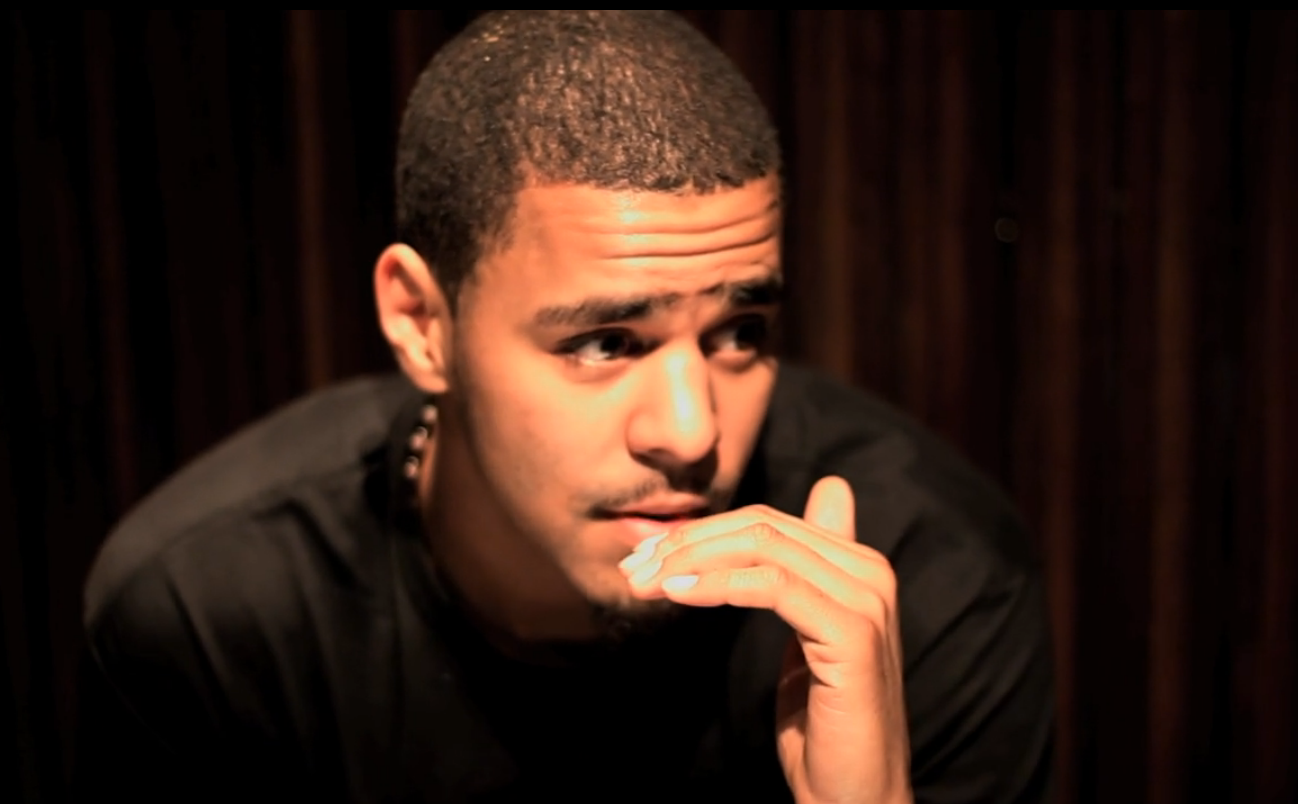But Wrong About The Way It Plays Out In Hip Hop

In a recent interview with BET News, rapper J. Cole discussed colorism, light skin privilege, and the nature of both in Hip Hop. J. Cole stated;
I can’t say it for sure but I just think we’re still in America. We’re still Black Americans. Those mental chains are still in us. That brainwashing that tells us that light skin is better, it’s subconsciously in us, whether we know it or not… still pursuing light skin women. There are some women out there that are like, “I don’t even like light skin men” and that’s fine. But Barack Obama would not be President if he were dark skin. You know what I mean? That’s just the truth. I might not be as successful as I am now if I was dark skin. I’m not saying that for sure, I’m still as talented as I am and Obama is still as smart as he is, but it’s just a sad truth… I don’t even know if this is going to translate well into text and people not hearing what I’m saying, but it’s a sad reality. So I can only naturally assume it’s probably easier for a light skin male rapper than it might be for a dark skin male rapper. It’s all subconscious s***, nobody’s aware — I think that s*** still subconsciously affects us.”
Colorism and light skin privilege are definitely issues, but I am not sure I agree with J. Cole. Dark skin men often do better in Hip Hop. In terms of men in Hip Hop, there seems to be parity between light skin and dark skin rappers becoming hugely successful. I would argue that being a light skin man in Hip Hop makes it more difficult for you to be taken seriously. Light skin is seen as feminine.
J. Cole is lucky to be as popular as he is given that Hip Hop is built around hyper-masculinity and light skin is seen as feminine. Kanye West, arguably the biggest rapper on the planet, is a dark skin man. When people think of the greatest rappers of all time they are usually dark skin men, Biggie and Tupac.
 You really have to pay attention to the associations we make about light skin and dark skin when it comes to men and women. Light skin being seen as feminine and weak works for light skin women because we expect femininity and weakness from women. Light skin being seen as feminine and weak does not work for light skin men because we expect men to be masculine and strong. Dark skin being seen as masculine and strong does not work for dark skin women because we expect femininity and weakness from women. Dark skin being seen as masculine and strong works for dark skin men because we expect masculinity and strength from men.
You really have to pay attention to the associations we make about light skin and dark skin when it comes to men and women. Light skin being seen as feminine and weak works for light skin women because we expect femininity and weakness from women. Light skin being seen as feminine and weak does not work for light skin men because we expect men to be masculine and strong. Dark skin being seen as masculine and strong does not work for dark skin women because we expect femininity and weakness from women. Dark skin being seen as masculine and strong works for dark skin men because we expect masculinity and strength from men.
Light skin men and dark skin women are mocked and maligned for, mostly, similar reasons. We want dark skin to be masculine, light skin to be feminine.
Colorism and sexism intersect in a Black community that is being bombarded with white supremacist and patriarchal notions of ideal manhood and womanhood. I’m glad that J. Cole is aware of these issues, and unafraid to address them, but I wish he had a better understanding. At any rate, he has sparked a conversation that needs to be continued.
Media Diversified’s articles on ‘Colorism’
Anti-Intellect is a Washington, DC based essayist, educator, and activist. His intellectual activism, rooted in feminist analysis, focuses on redressing racism, sexism, homophobia, and bringing attention to the oppressive nature of theism. He can be found on Twitter @Anti_Intellect Facebook and The Anti-Intellect Blog. He is a graduate of Florida A&M University, a Historically Black College, with a degree in History.

https://www.instagram.com/p/BAkyu_lS2Nf/ I Fw Jcole he’s my Hometown Mogol But I Disagree On His Statement Dark skin vs Light Skin
LikeLike